When you start thinking of parenting in terms of an overall context and an end goal, as I have recently started to do with Marble Jar, certain behaviors suddenly go from being an aggravation to a teachable moment.
Realizing that things aren’t necessarily about being “bad” as opposed to “good”, we’ve shifted the conversations to the difference between right and wrong. I’m more patient with my kids, knowing that they aren’t trying to be difficult. They are just trying to figure out how the world works and their place in it. And, sometimes, there are bumps along the way…
Here is an example. My five-year-old son’s tattling has recently morphed into full-fledged, blatant lying.
Now, I am by no means a parenting expert, so I have no idea why little kids lie. I can, however, tell you that lies at this age are nothing like the ones teenagers or adult tell. First of all, little kid lies are usually ridiculous, completely transparent, and pointless. It is easy to blow them off as nothing because it’s take just as long to make sense of them and it is to explain why it’s wrong.
Little kids’ lies aren’t about getting away with something, sparing someone else’s feelings, or being deceitful. Usually, their lies are all about the moment and nothing more.
Their motivations are also completely different as well. They lie because they want to avoid punishment or because they really don’t know the difference between make-believe and real life. Sometimes, they lie just for the attention… as I suspect is the case with my son.
So one Friday morning a few weeks ago, Mike and I woke up and rushed to get the kids up and to the breakfast table. Once they were settled in front of their bowls of cereal, Mike ran outside to take the trash to the curb and I went to take a quick shower.
I had barely lathered (well on my way to rinse and repeat) when Scout ran frantically into the bathroom. “Mommy, Lou is choking! Lou is choking!”
I scrambled out of the tub, shampoo running into my eyes and water dripping everywhere. I grabbed my towel and barely covered myself as I slipped and slid into the kitchen to find… Lou was completely and totally fine.
She wasn’t even eating… much less choking… on anything.
When my daughter saw me, she wanted to get up from the table and I had to coax her to stay put and finish breakfast. Then, she and I had to go through the whole charade of convincing her to eat. She would refuse. I would find another way to ask…
Several precious minutes later, I was finally able to resume my shower– steamed about the time we had squandered and fuming at my son. We were late to school and work again that day, and all I could sputter and spew at my son was, “Why?! Why would you make up something like that?”
“Opps, I forgot…” he said, which is his version of when someone says, “I’m just joking. Can’t you take a joke?” when you know that they weren’t joking at all.
I let if go for the moment, but it was no surprise when, a few days later, a note came home from his teacher informing us that Scout had told a lie in school about a classmate.
I asked my otherwise truthful and over-sharing son to explain what happened and he dutifully spared no detail. As he did, the words that I was too exasperated and frazzled to form a few mornings before, came to me in a spark. There, presenting itself was a “teachable moment”.
While it may seem harmless or fun to make up a little story or get everyone riled up, lies affect everyone around you. I pointed out how his little lie about his sister choking caused unnecessary drama and made the entire family late that morning. Likewise, telling a lie about his classmate made his friend get in trouble, and probably took time away from class or recess.
“How would you feel if someone made up a story about you and you got in trouble for it?” I asked him. “Bad and no fair”, he said.
For the first time, I was able to provide him with a clear correlation between his words and actions with a real-life situation. A true cause-and-effect. The bigger lesson, of course, is how interconnected human beings really are to one another. The small lesson is how hurtful and damaging lies can be.
I can assure you that making these connections had a far greater impact on my impressionable son than if I had given him a timeout or simply said “lying is bad” and left it at that.
——————–
Marble Jar is available for the iPhone/iPad for FREE in the App Store. To learn more about this app, read:
- My introduction post on Marble Jar in which I outline how (and why) to start using this app.
- My interview with founders: parenting expert, Vicki Hoefle from Parenting on Track, and Winwin Apps developer, Anna Rosenblum Palmer.
- Creating a family mission statement with Marble Jar.
Disclosure: This post is the final part of a compensated series sponsored by Marble Jar . The thoughts and opinons expressed in this post are my own, and do not reflect those of Marble Jar or its founders.
{Image Credit: “Goofus and Gallant”, Highlights for Kids. October, 1980)
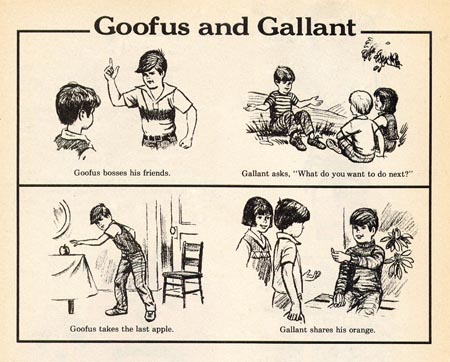
 Follow
Follow

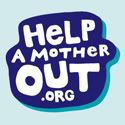
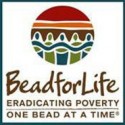

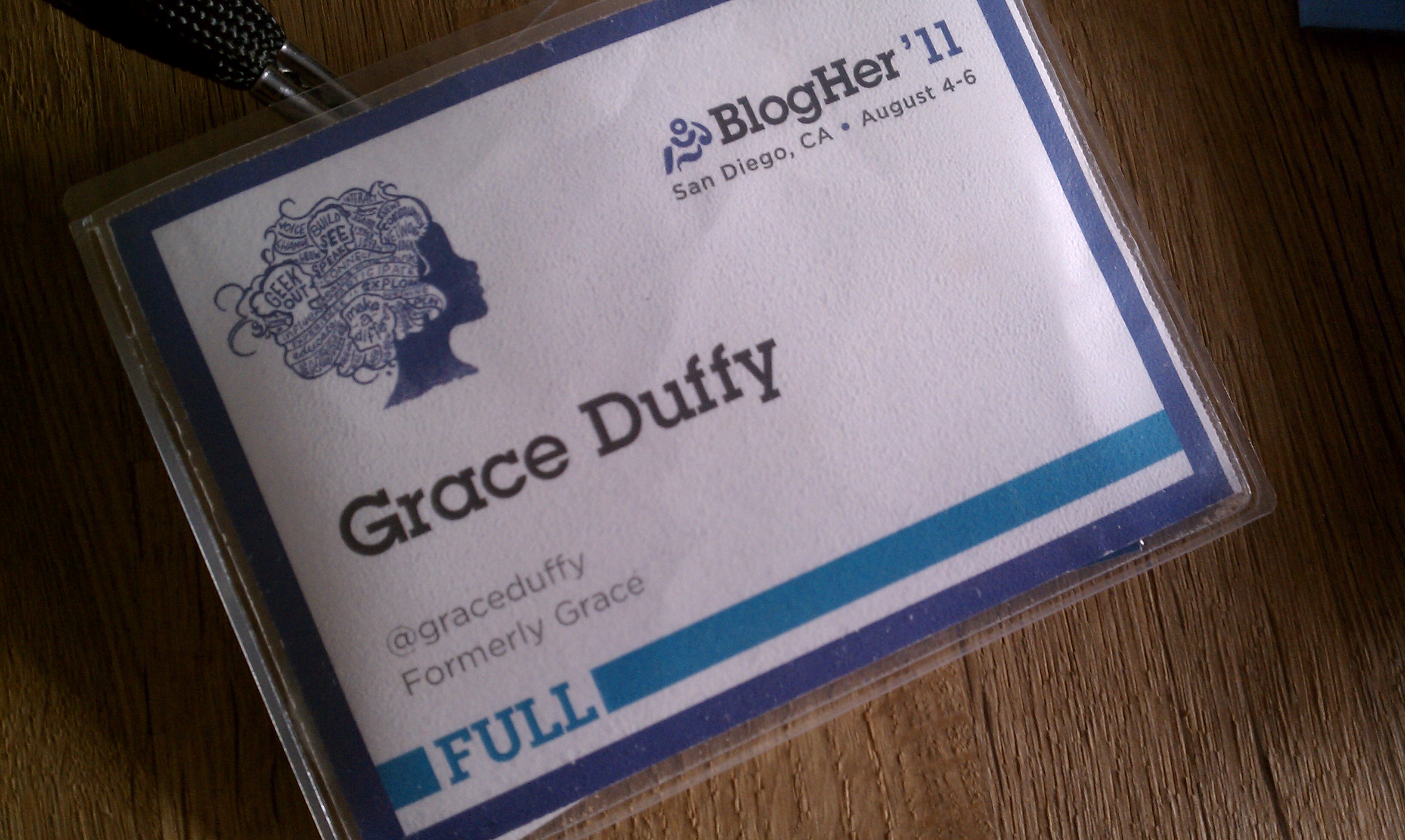


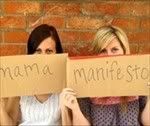

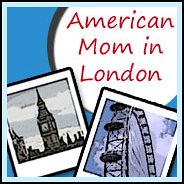











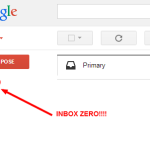
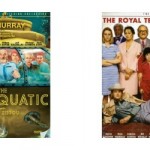

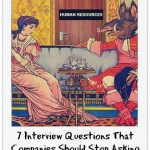
A good article about positive parenting.